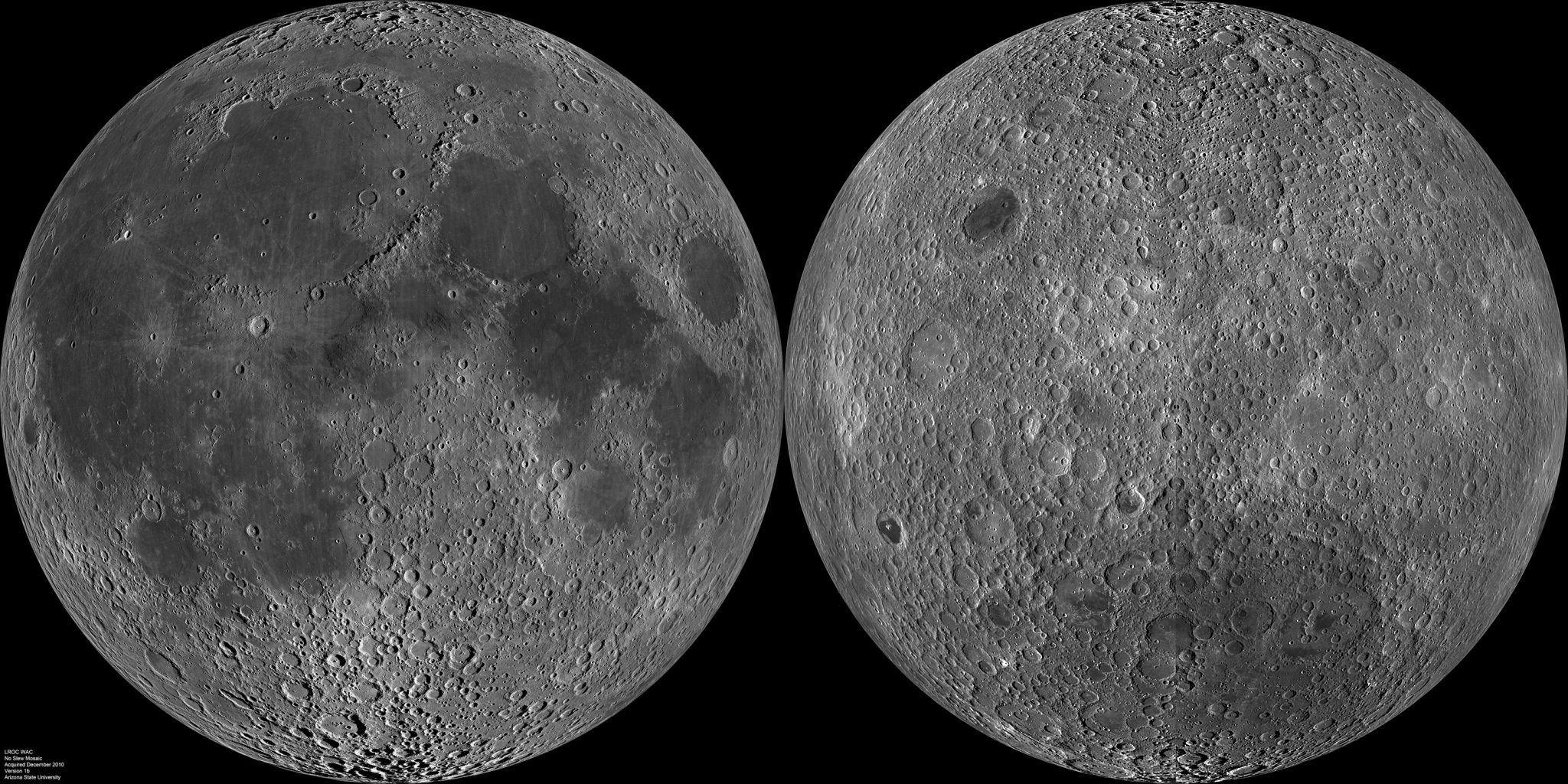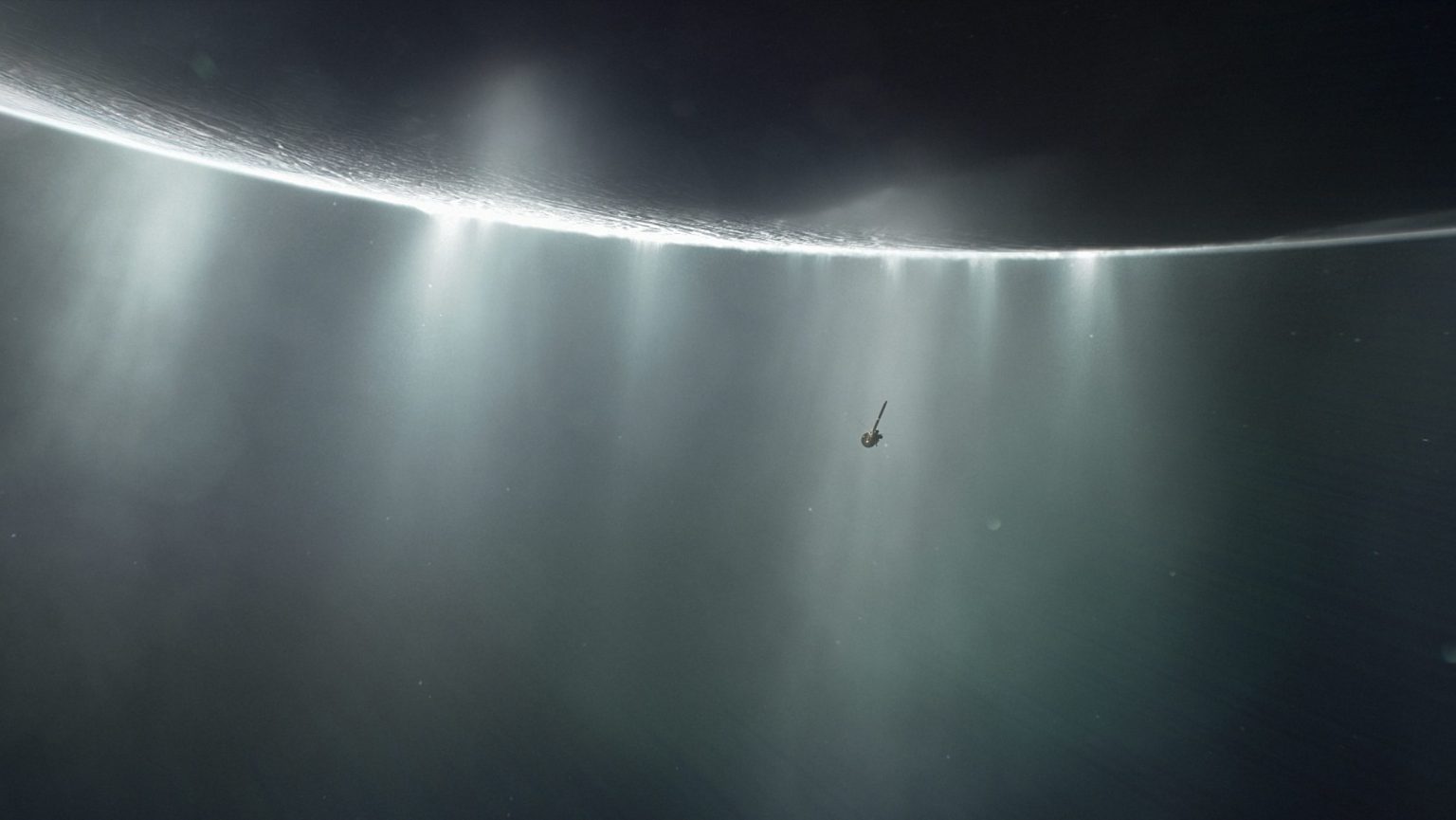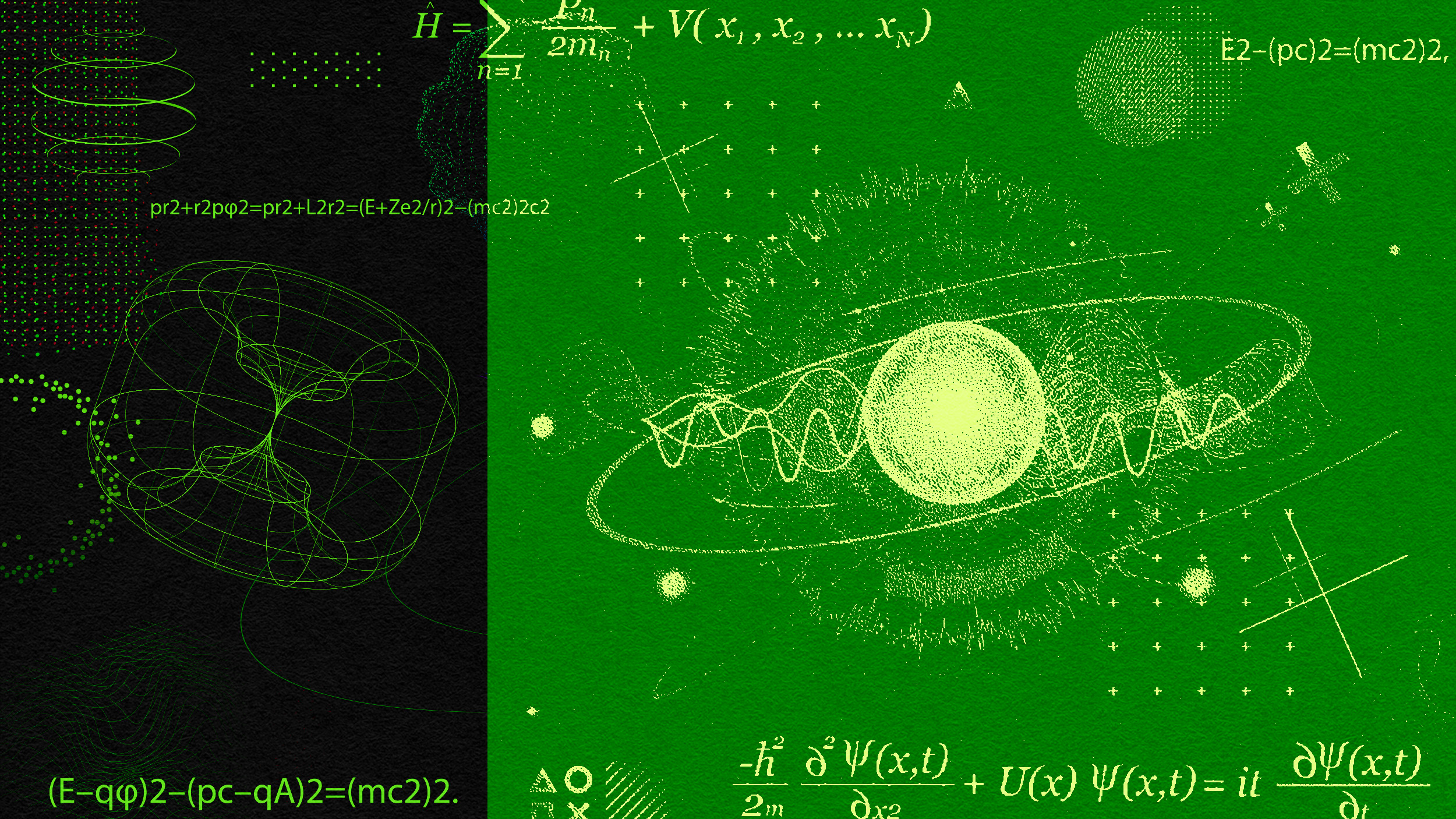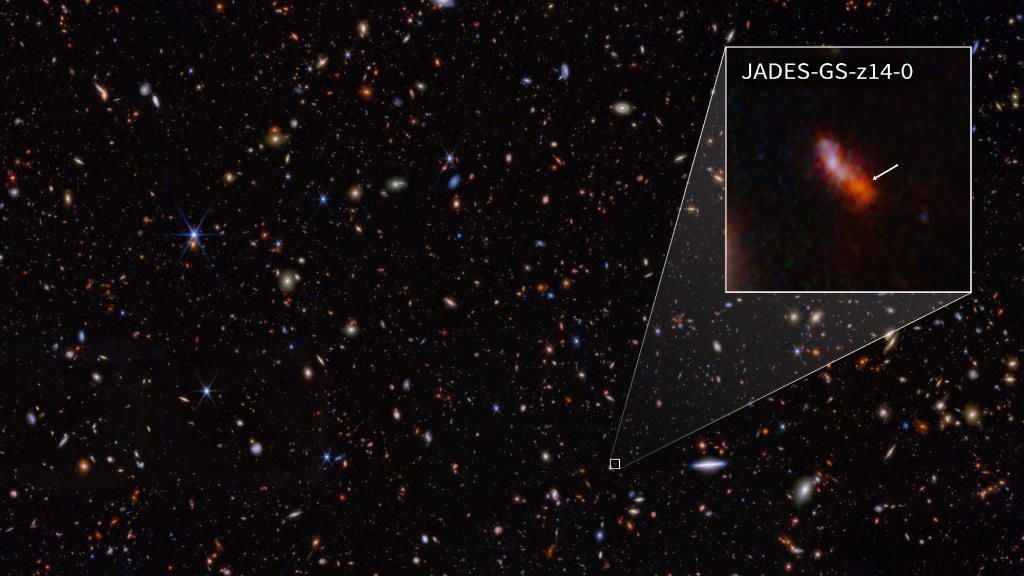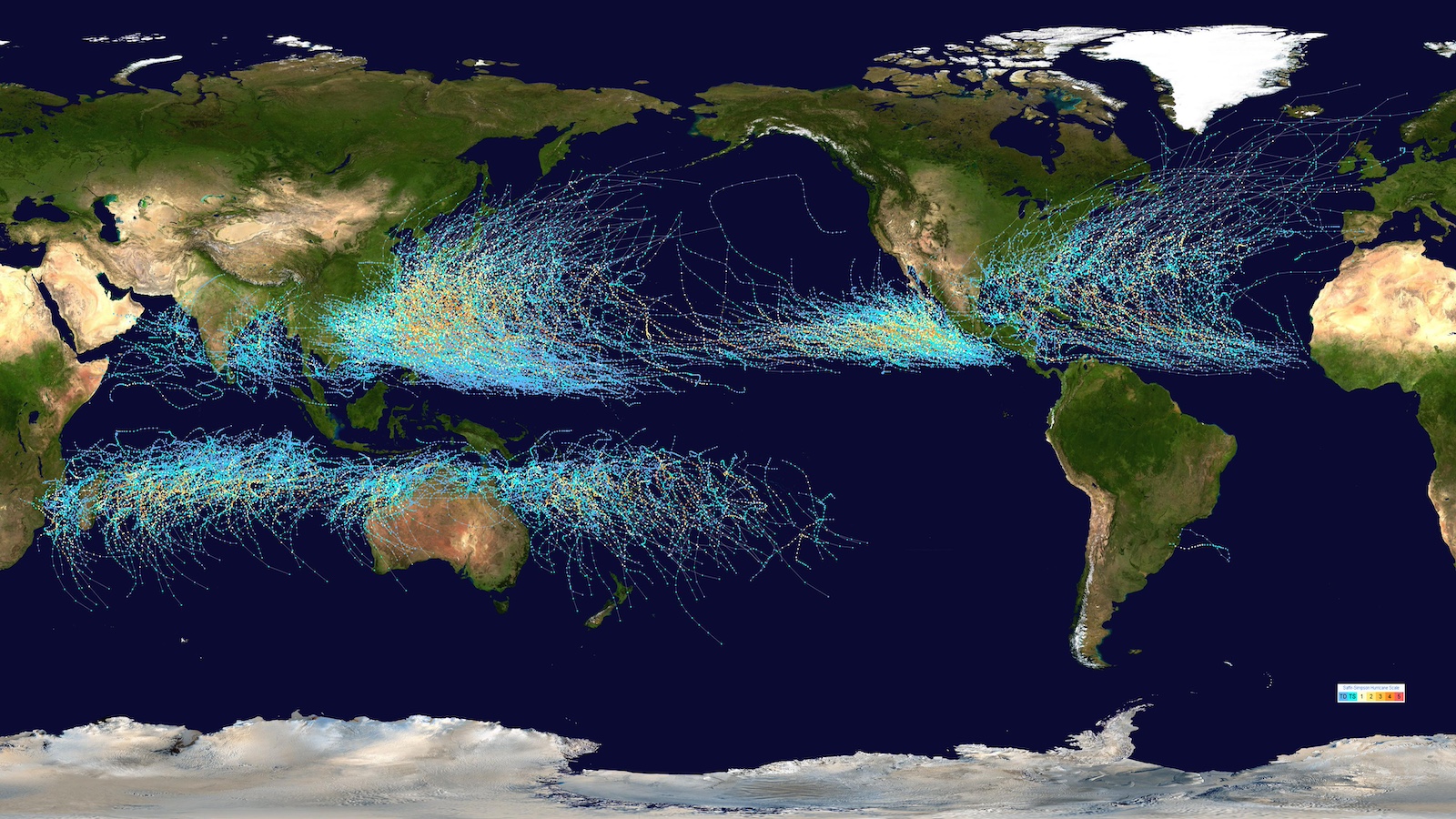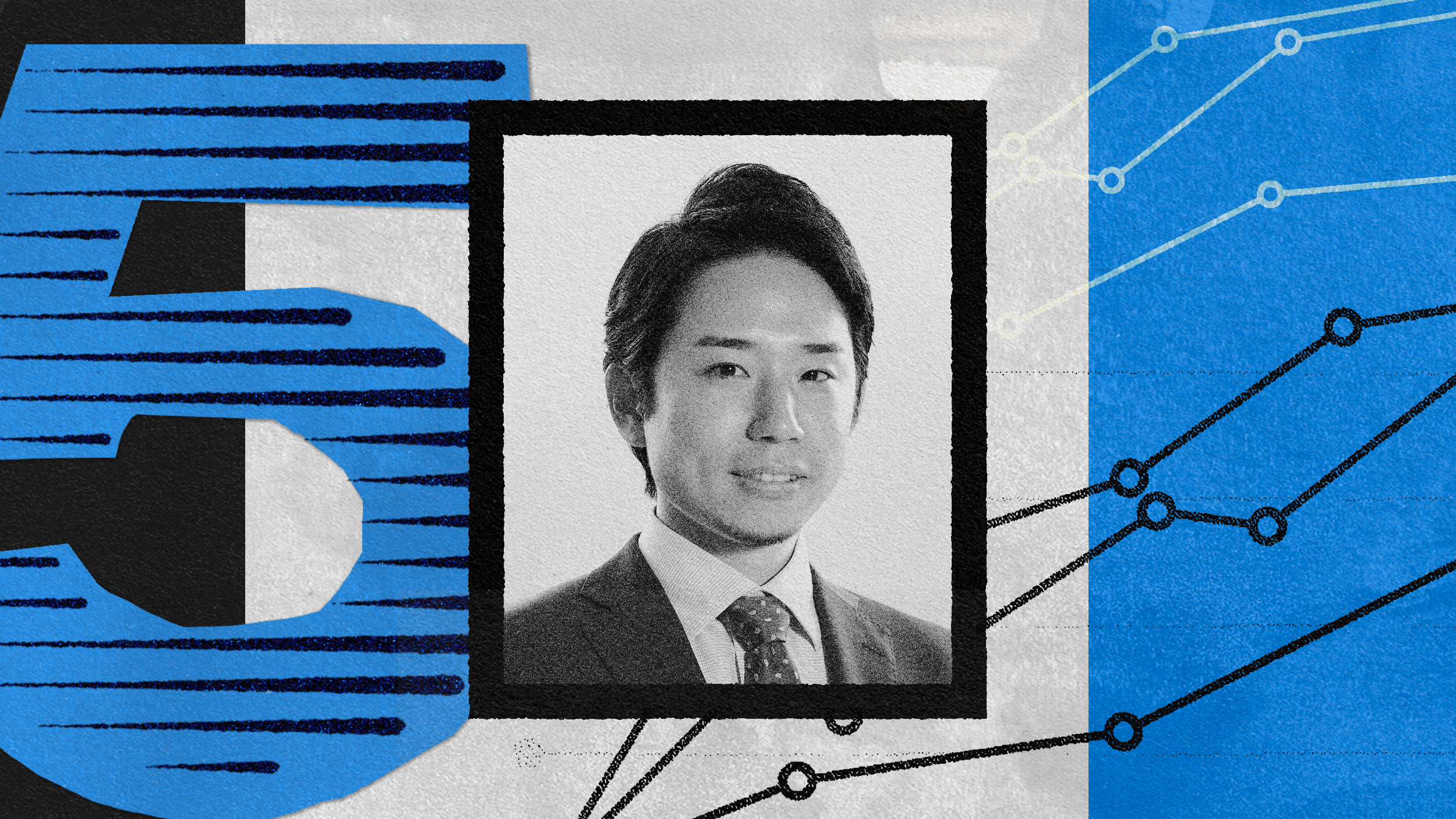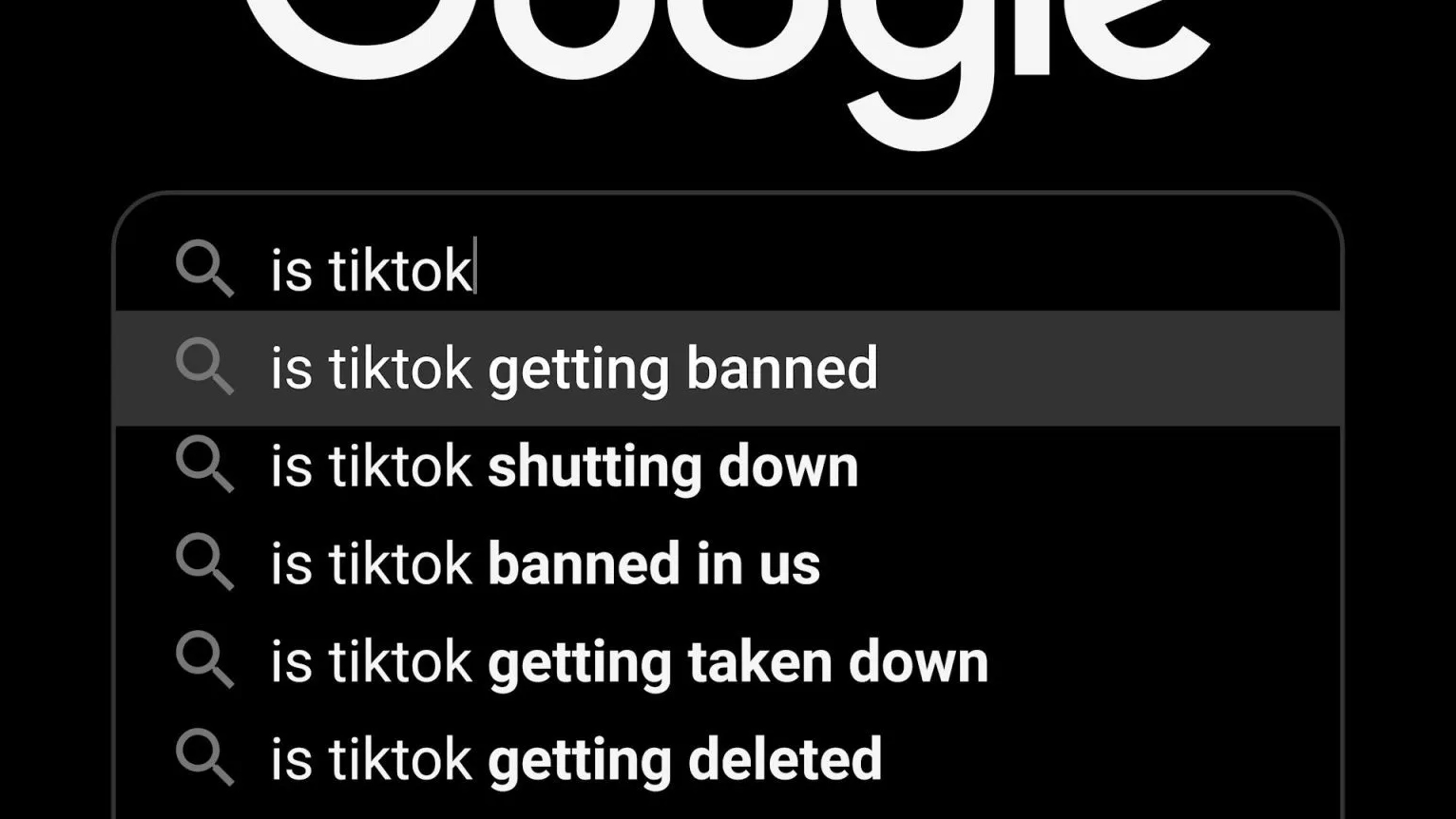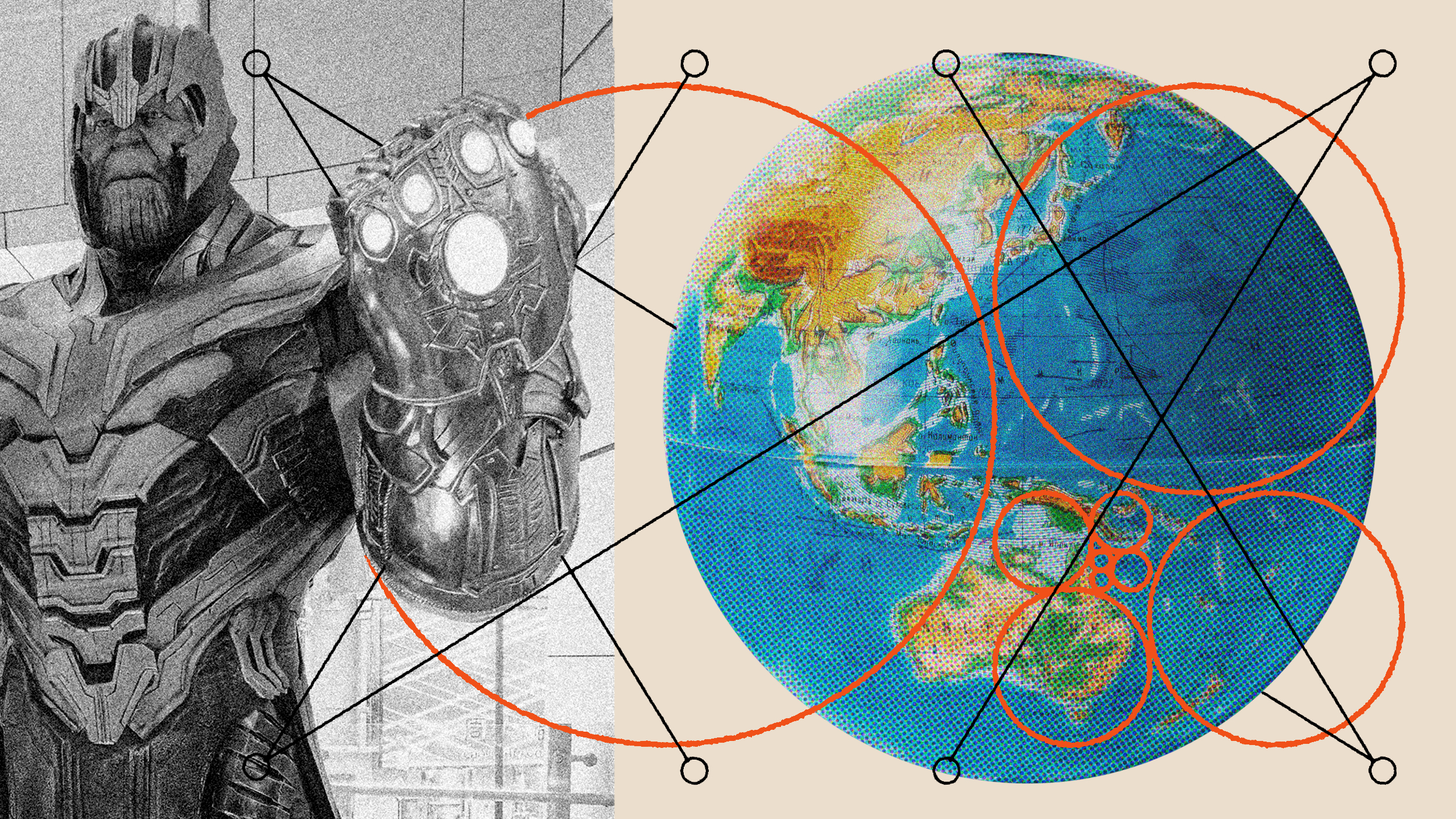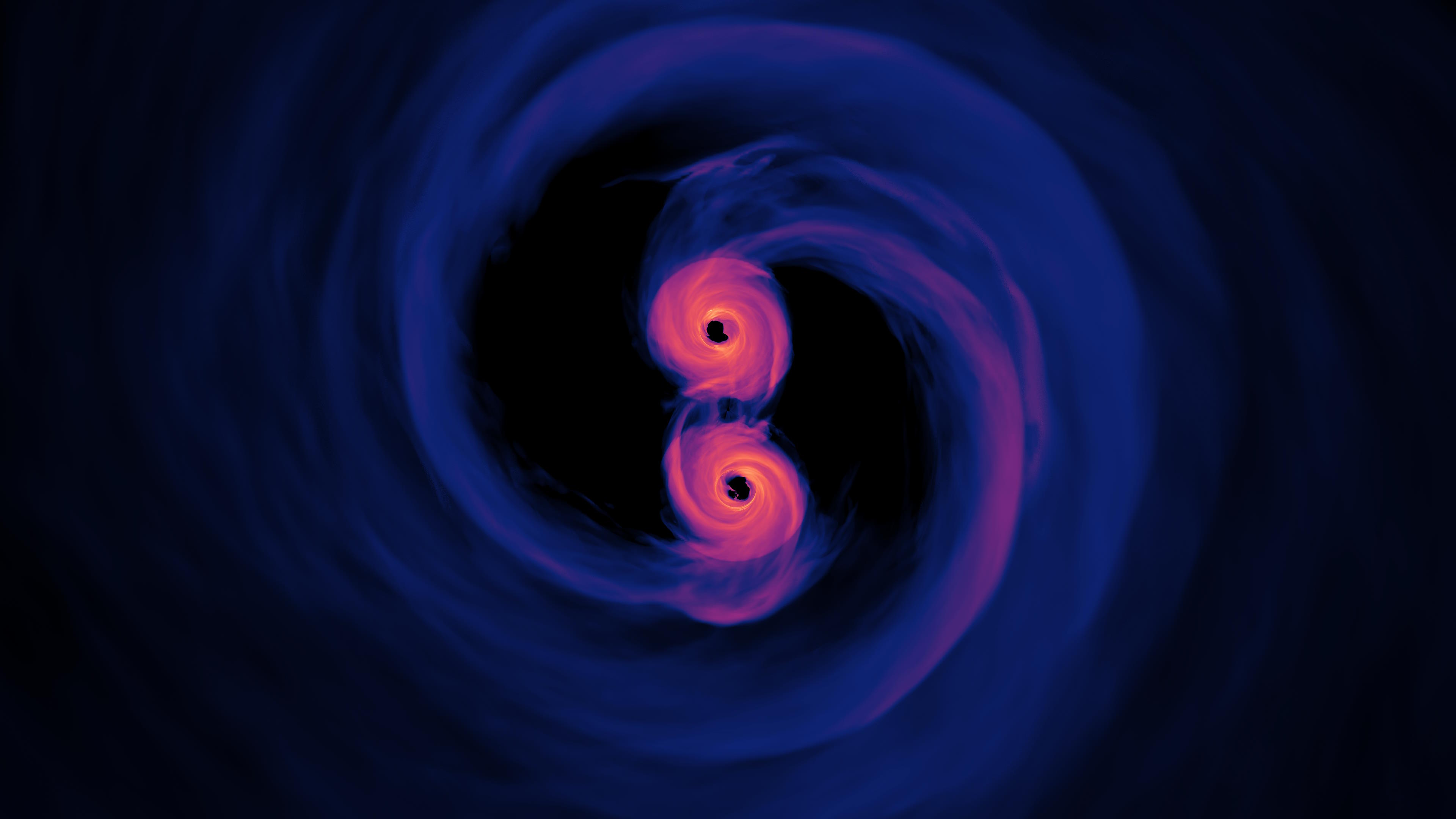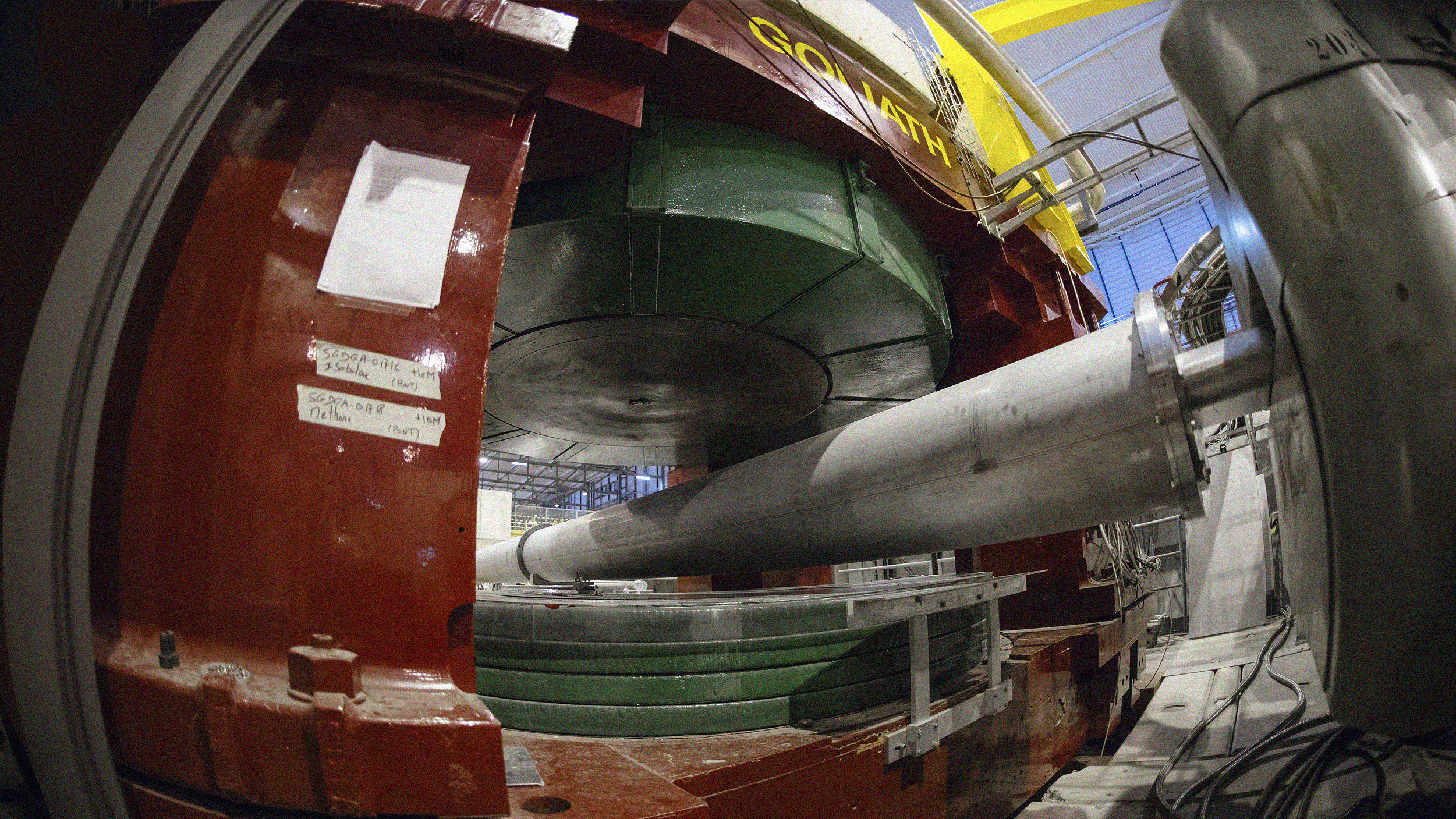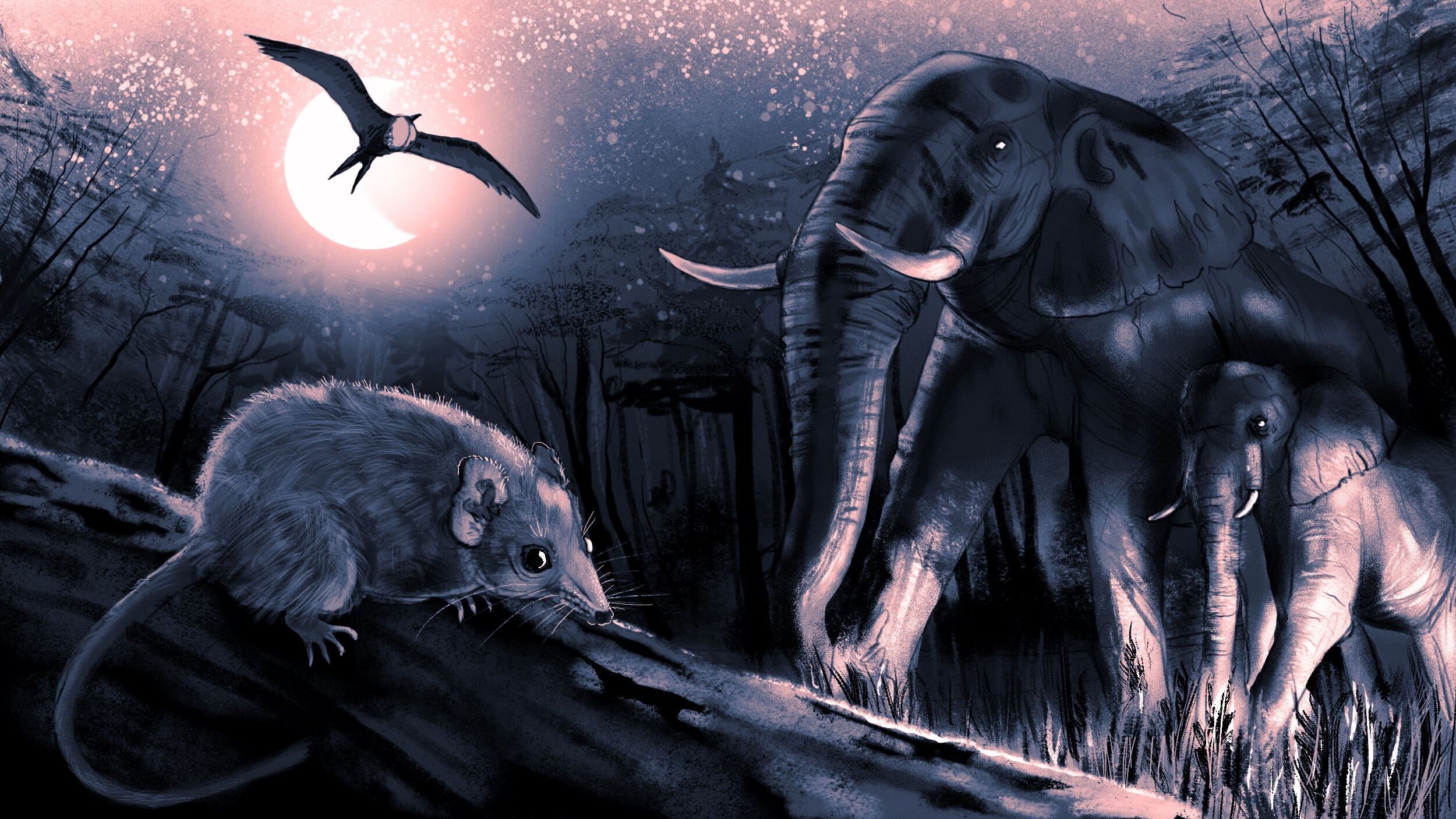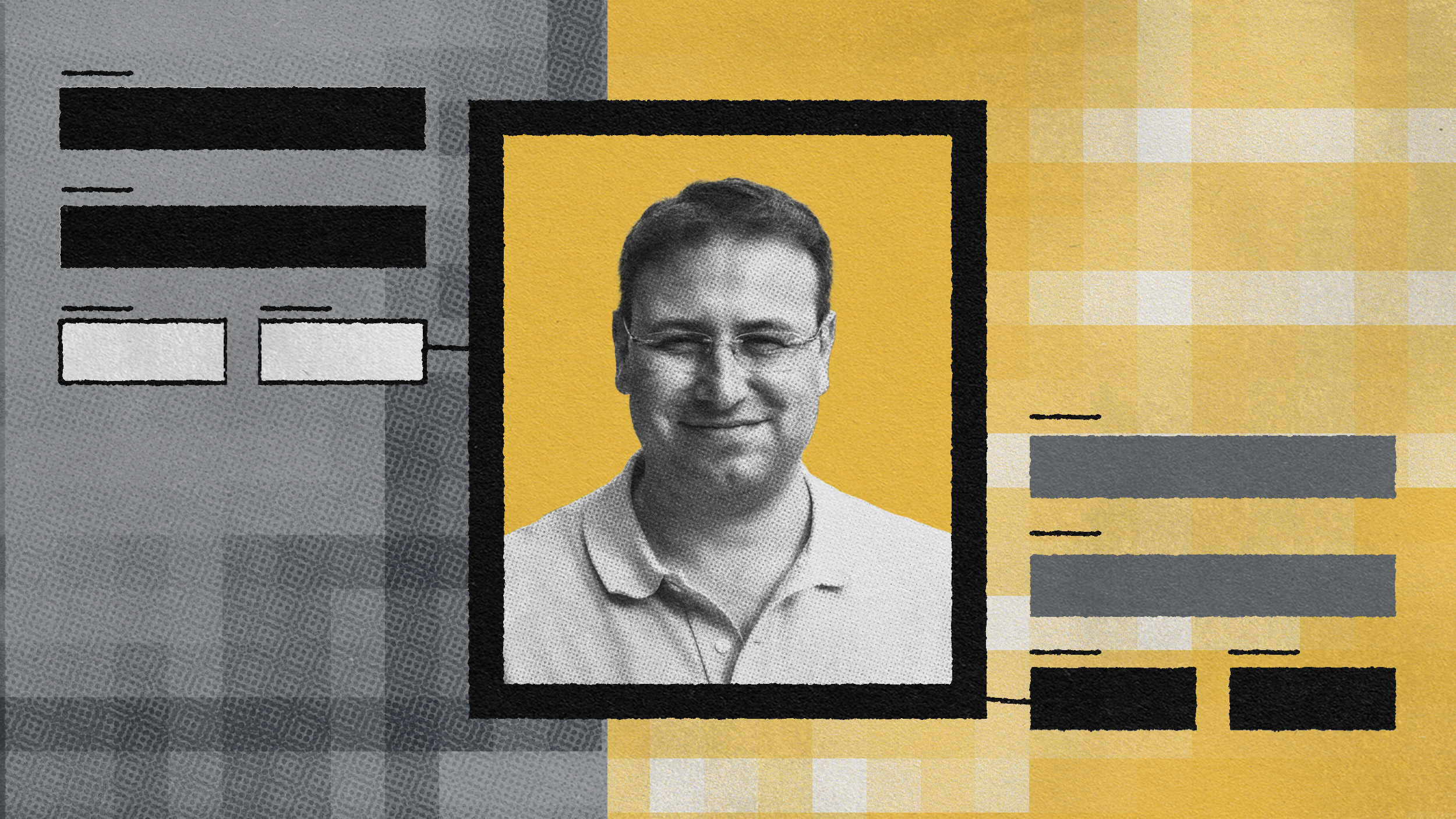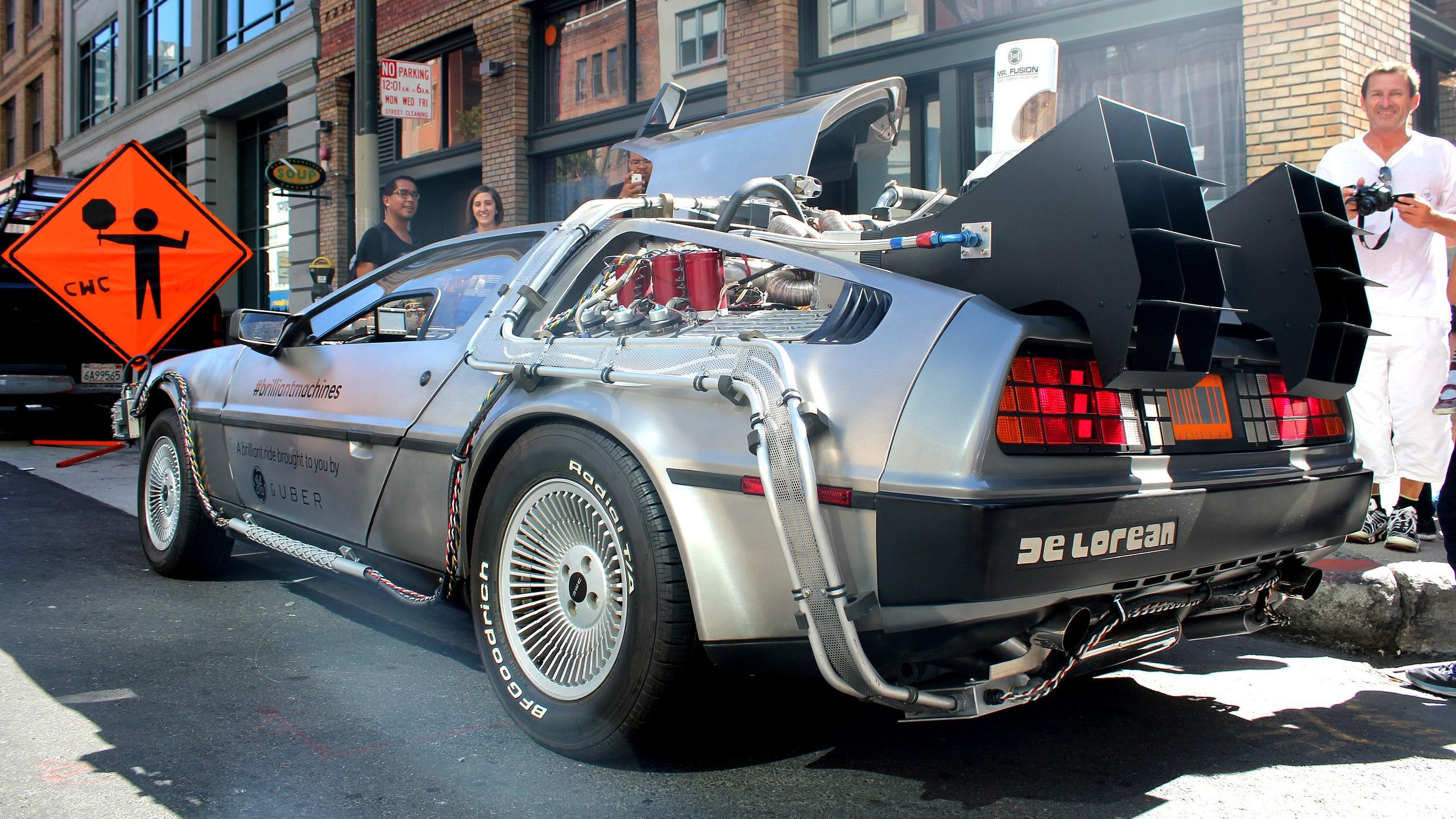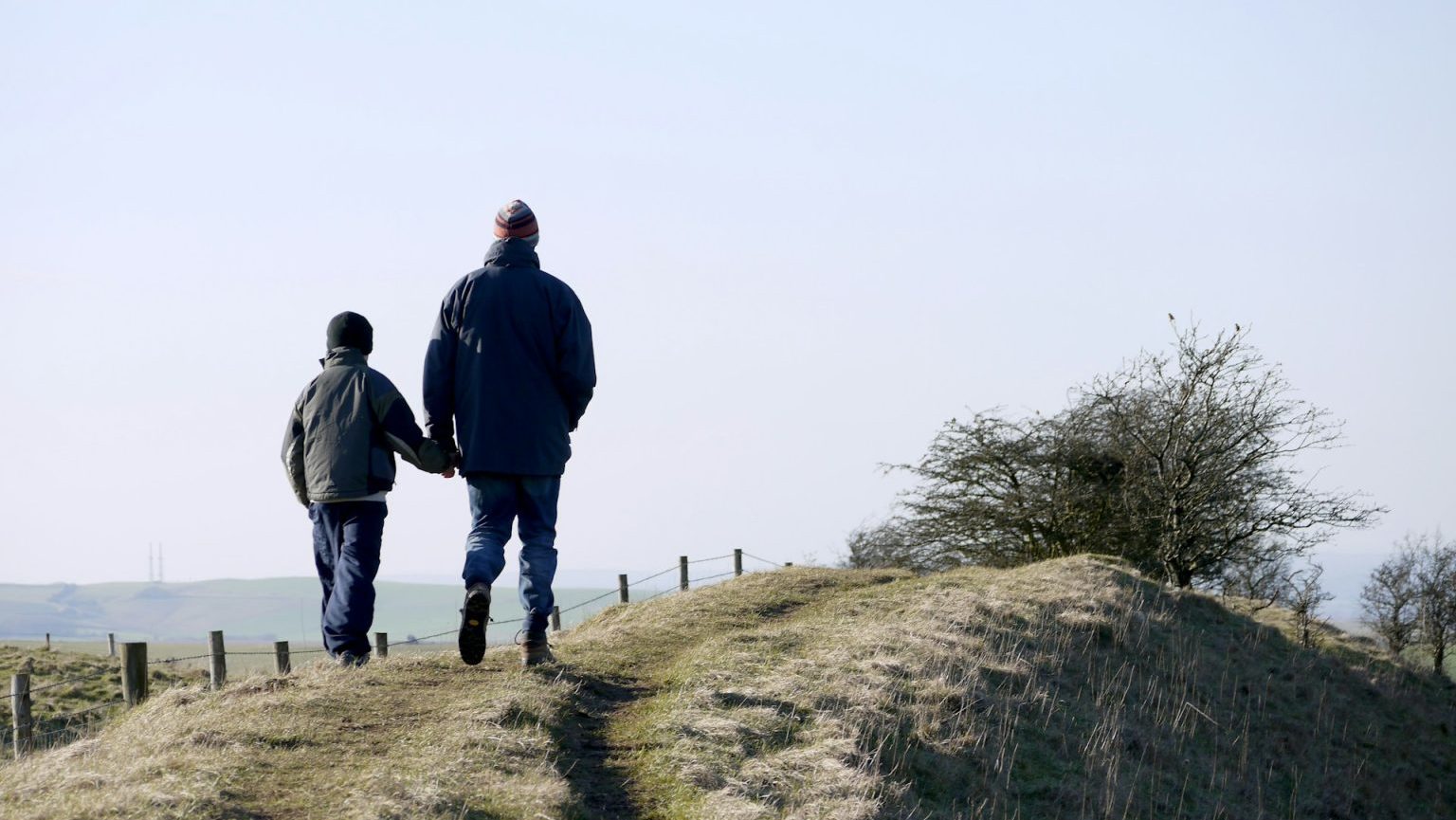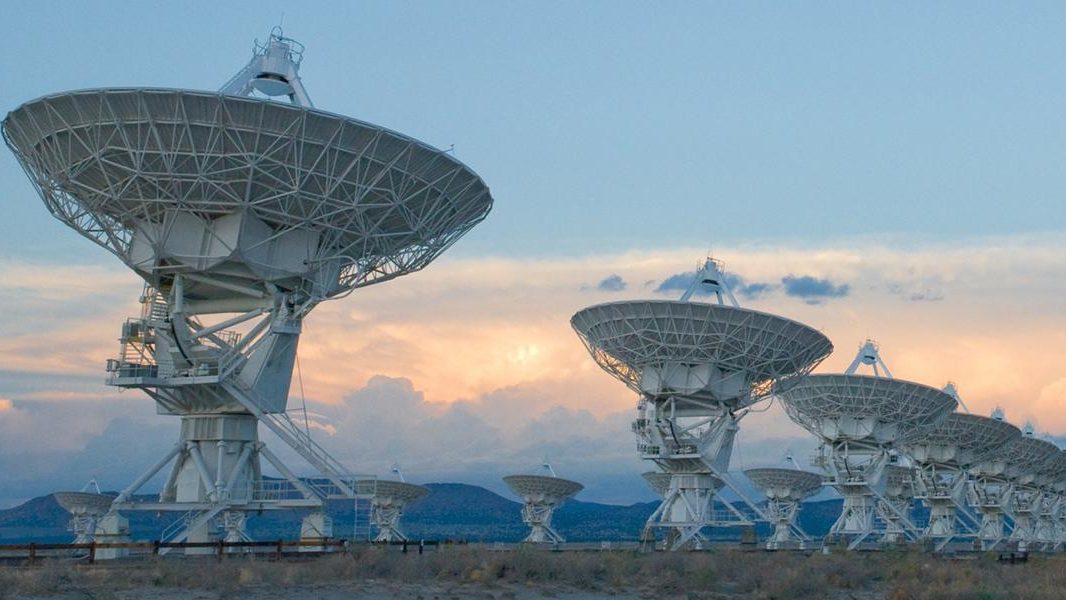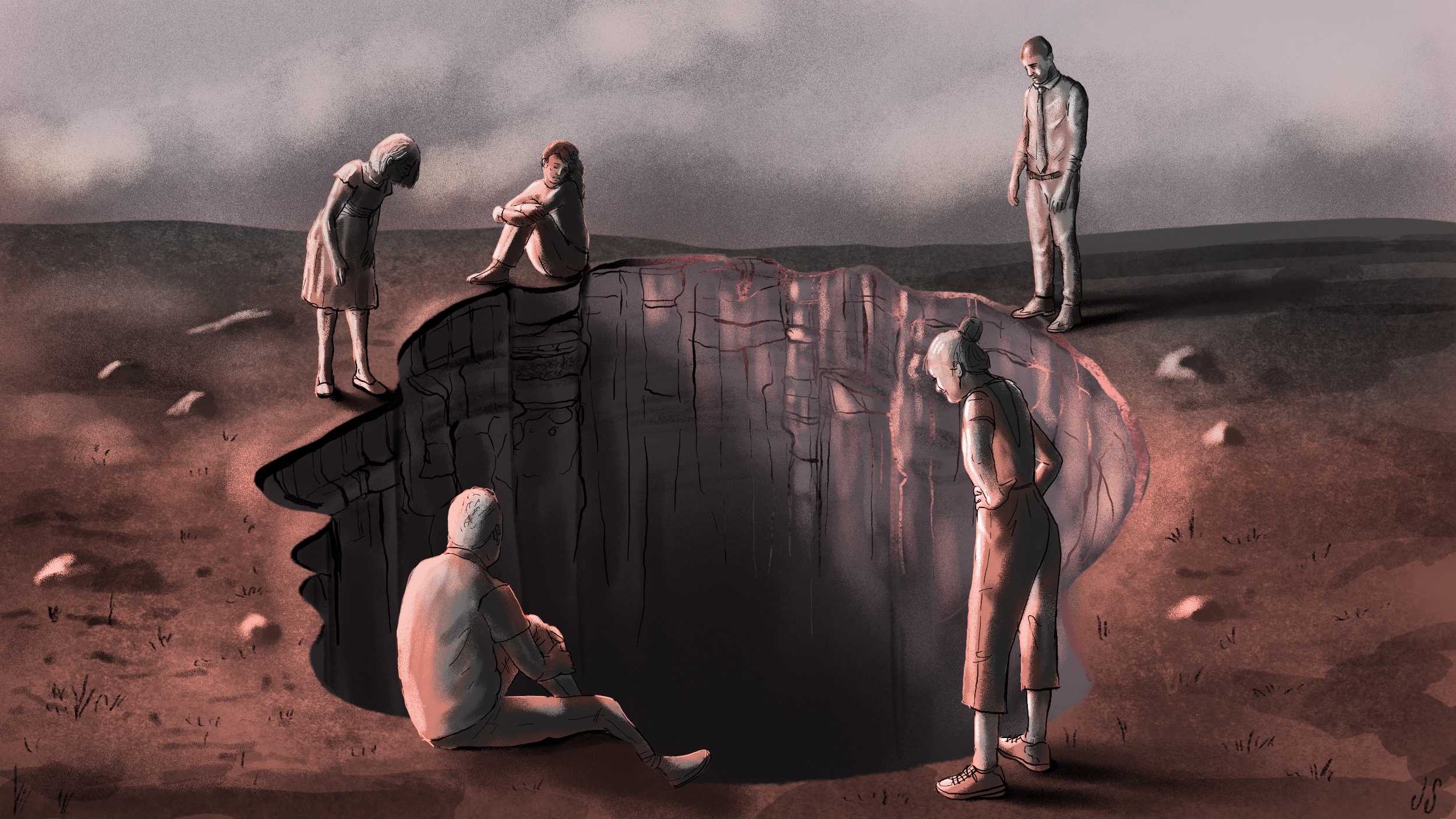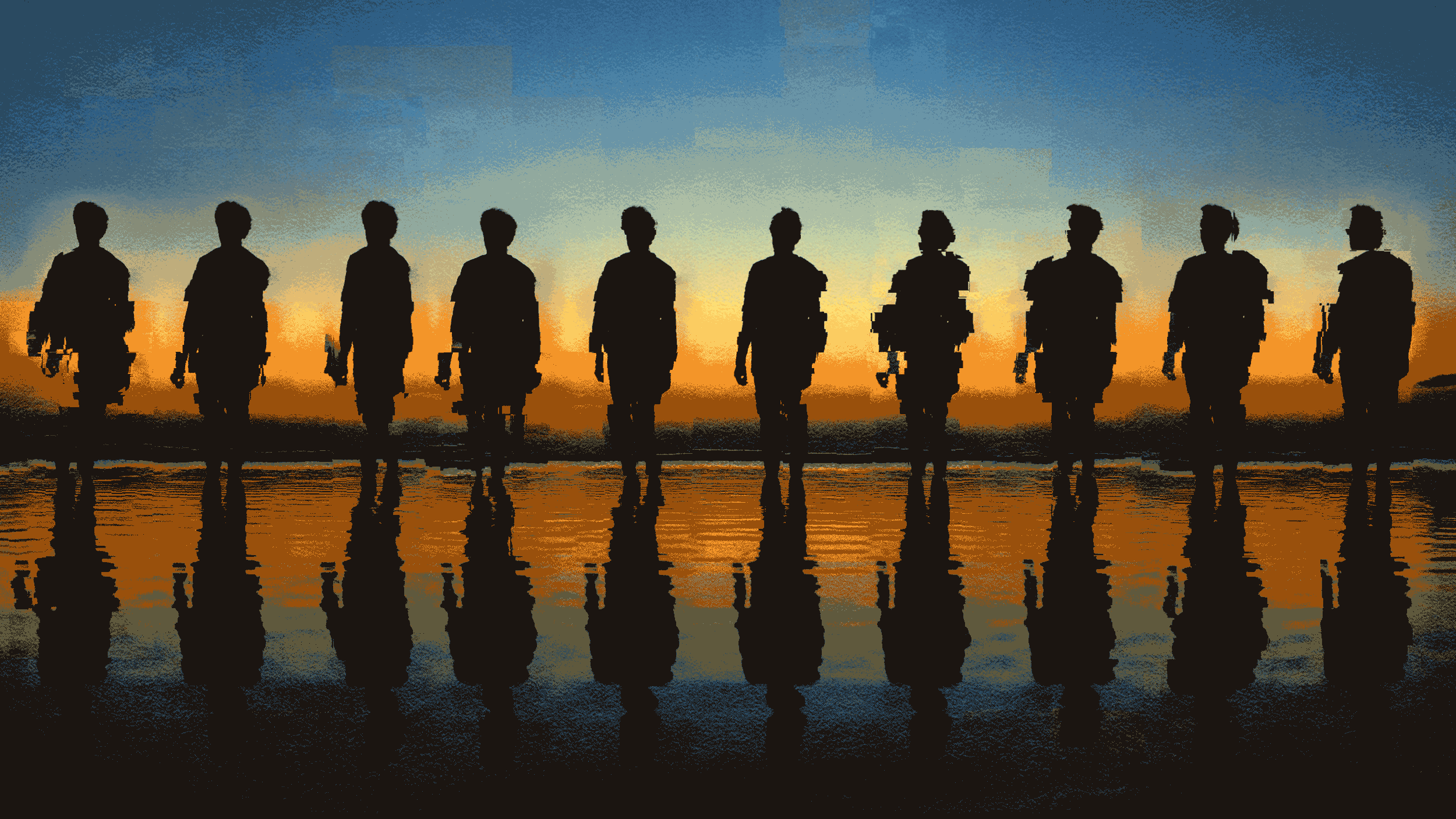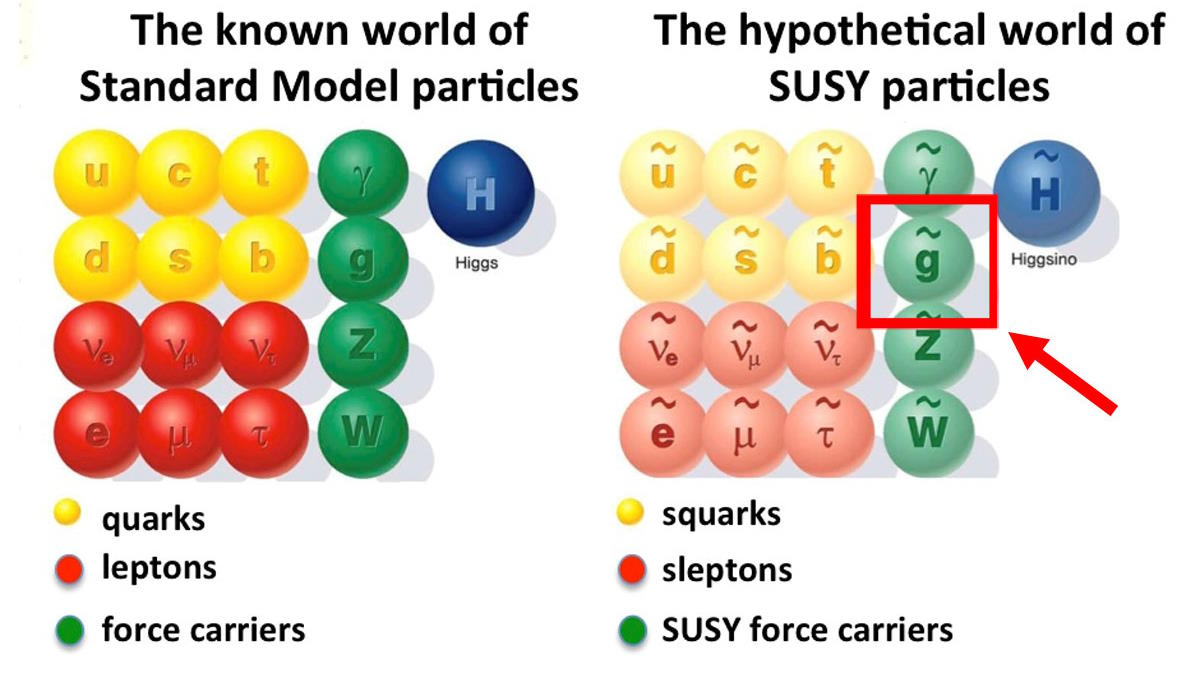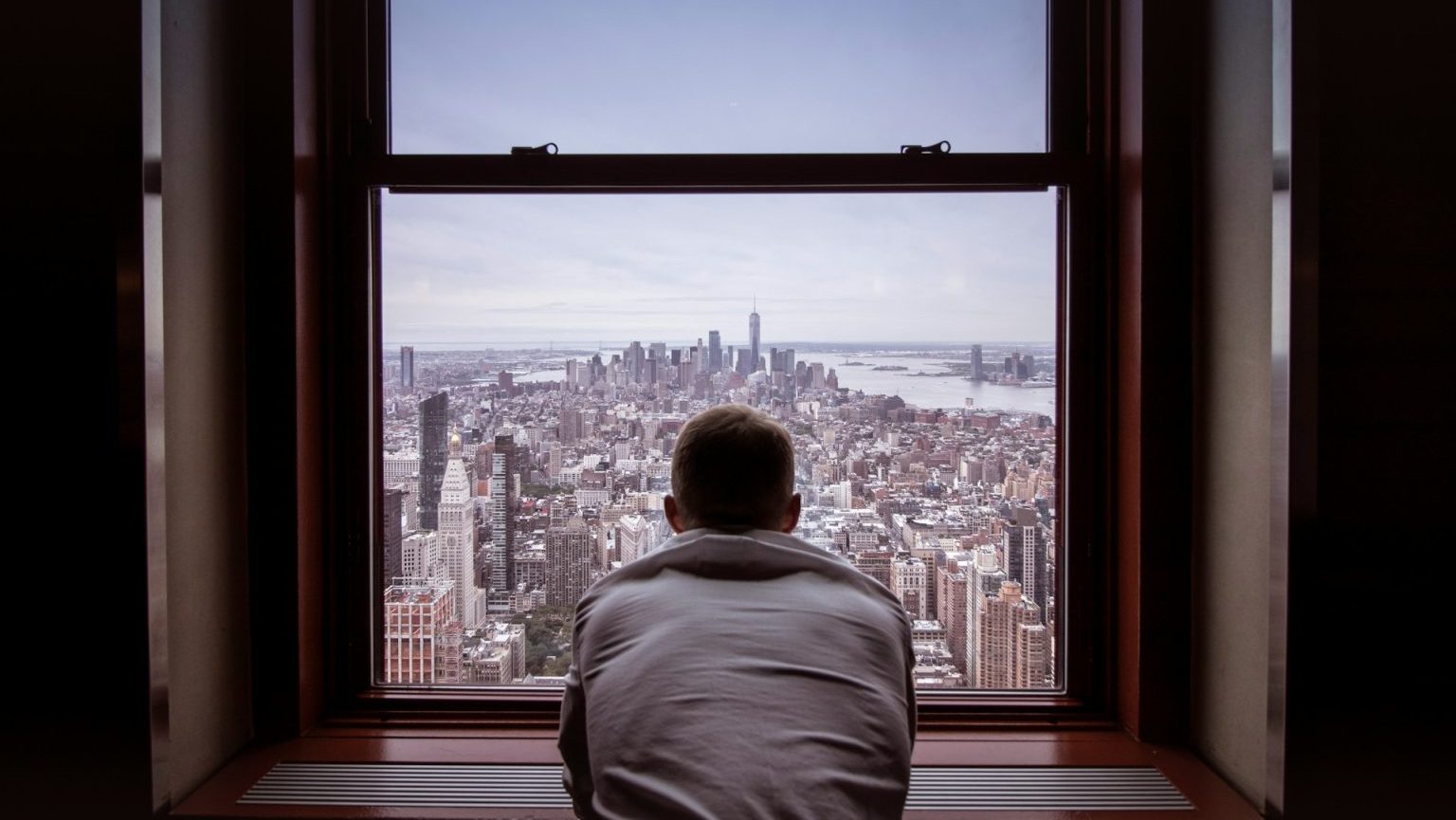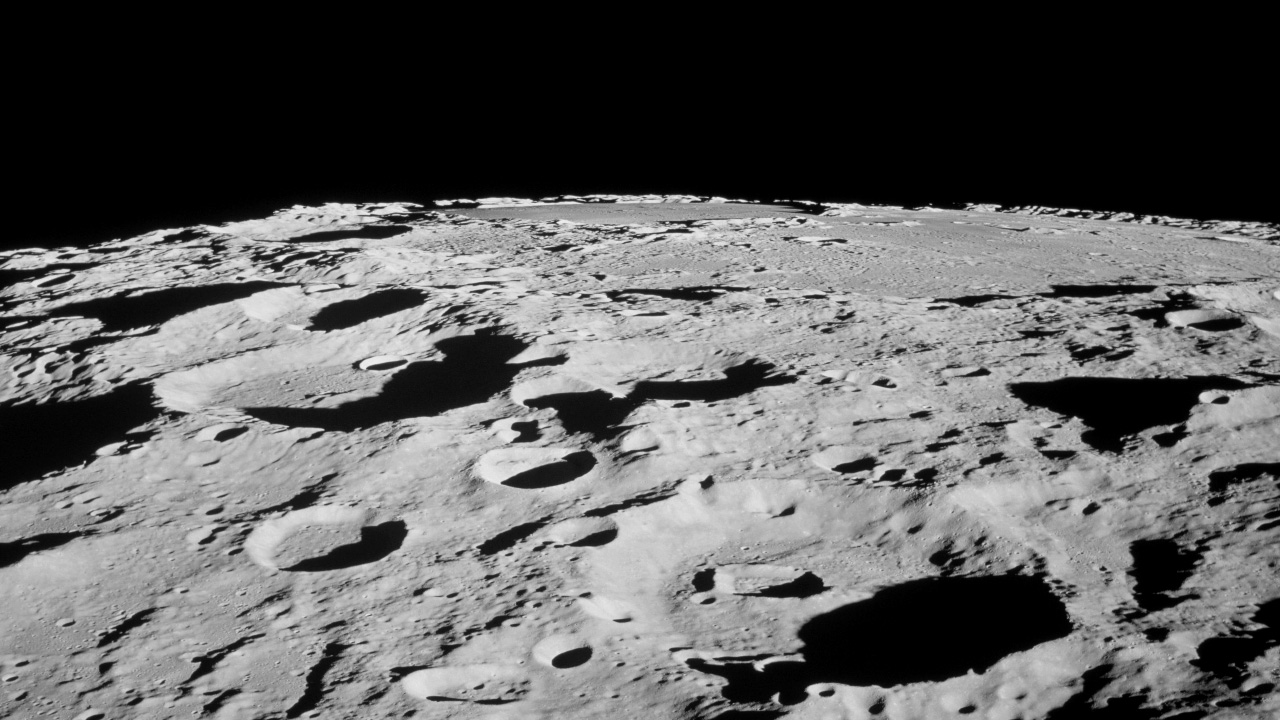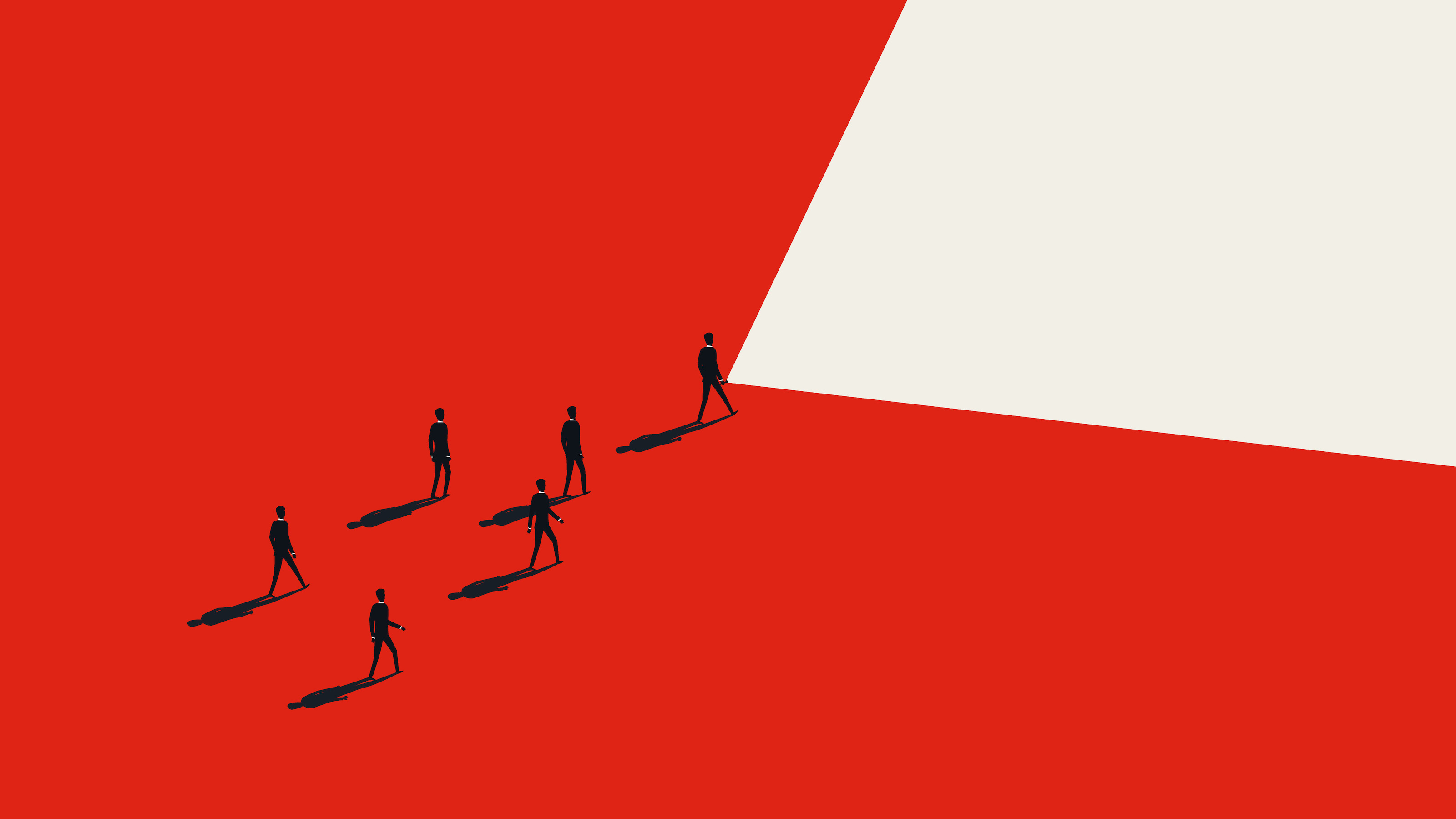Nestor Maslej, research manager at the Stanford Institute for Human-Centered AI (HAI), talks us through key findings in the 2024 AI Index Report.
All Articles
The near and far sides of the Moon are so different from each other, and no one is sure why. New lunar samples could confirm a wild theory.
This research team is working out how to detect extraterrestrial cells in the liquid water ocean hidden beneath Enceladus’s icy crust.
The evolution of quantum technology is far from over.
Our “embodied minds” suggest an eventual escape from mortality via computer is unlikely.
All telescopes are fundamentally limited in what they can see. JWST reveals more distant galaxies than Hubble, but still can’t see them all.
Thanks to the Coriolis force, hurricanes never cross the equator.
Yushiro Kato — the 32-year-old co-founder and CEO of manufacturing platform CADDi — offers his most valuable leadership learnings.
There was a time where no starlight was visible throughout the entire cosmos. That time was short-lived: shorter than astronomers imagined.
TikTok and its allies won’t go down without a legal fight.
Saudi Arabia’s Jeddah Tower is poised to become the world’s tallest building. What’s behind the century-plus drive to build ever taller skyscrapers?
Hunger rates are rising. These technologies could turn the tide.
Is there a force keeping humanity in check?
Rhetorical mastery is within everyone’s reach — equipped with some basic techniques you can rock it like Aristotle.
Gravitational waves carry enormous amounts of energy, but spread out quickly once they leave the source. Could they ever create black holes?
CERN’s NA64 experiment used a high-energy muon beam technique to advance the elusive search for dark matter, offering new hope for solving one of astronomy’s greatest mysteries.
Scientists still aren’t sure how they perform without those restorative Z’s.
ATD 2024 challenged us to make moments of recovery part of our daily practice. Here’s how each keynote speaker advised finding that balance.
Jotform CEO Aytekin Tank outlines a strategy for balancing collaboration with healthy competition.
Traveling back in time is a staple of science fiction movies. But according to Einstein, it’s a physical possibility that’s truly allowed.
A researcher weighs in on who’s accountable, when and why, in the eyes of the law — and whether the measures work as intended.
The sharpest optical images, for now, come from the Hubble Space Telescope. A ground-based technique can make images over 100 times sharper.
Mental health awareness is more widespread than ever. Some professionals think it may have gone overboard — especially on TikTok.
AI projects reveal both heroes and villains in your workforce — success depends on maximizing the number of heroes.
Almost 100 years ago, an asymmetric pathology led Dirac to postulate the positron. A similar pathology could lead us to supersymmetry.
Neuroscientist Christof Koch on human minds, AI, and bacteria.
The Moon is the most likely place for evidence from the dawn of life on Earth to be preserved in cold storage.
Whatever your length of service in the top role, this tool-box will help you conquer adversity — and thrive.
From the coldest planets to spacecraft that have exited the Solar System, these little-known facts stump even many professional astronomers.
Should social media platforms have the right to decide what speech to allow online? Should the government?

